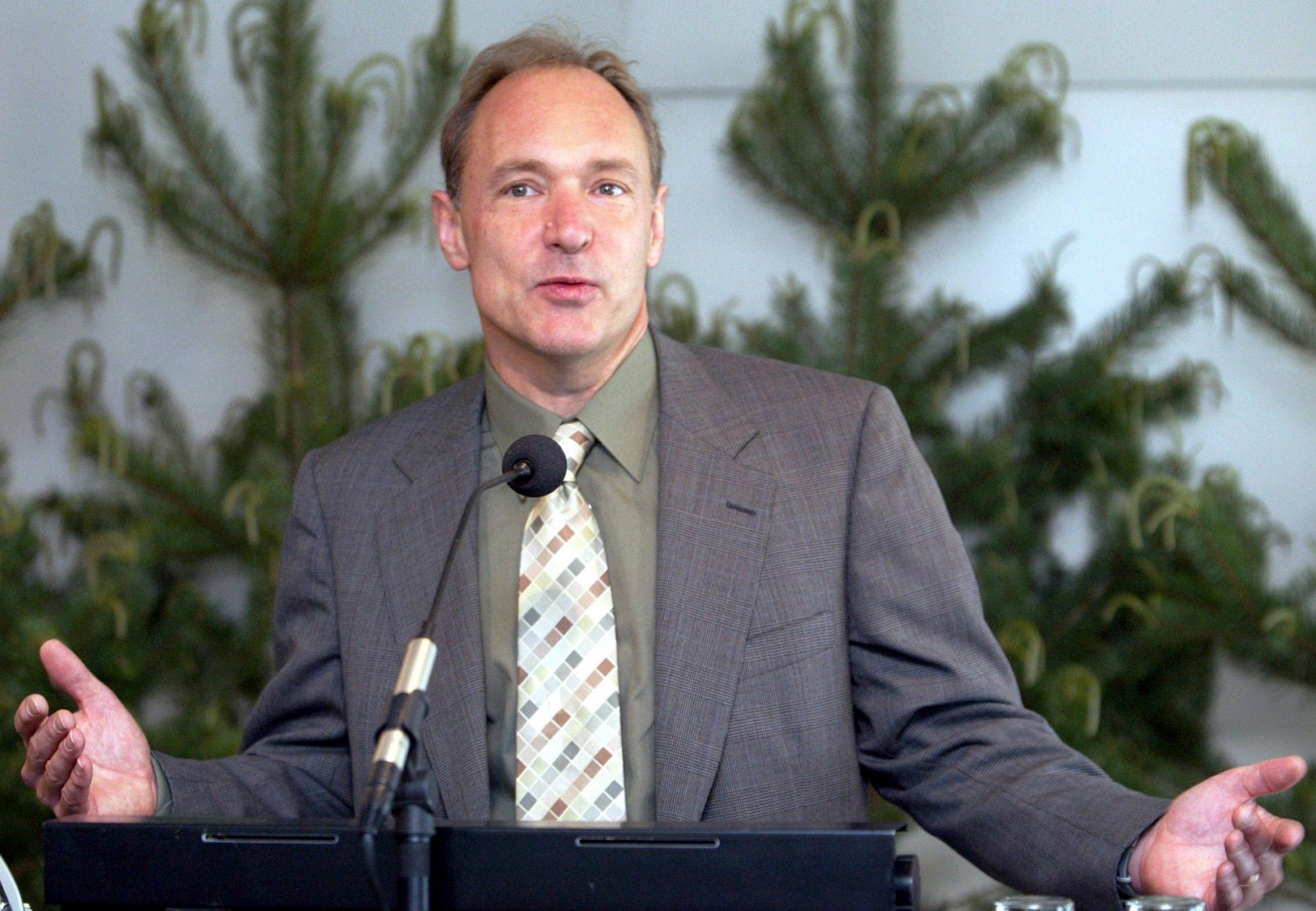Internet is less free, safe and equal than ever, says web founder
Net is still a bad place for women, but it can also help fight harassment

Your support helps us to tell the story
From reproductive rights to climate change to Big Tech, The Independent is on the ground when the story is developing. Whether it's investigating the financials of Elon Musk's pro-Trump PAC or producing our latest documentary, 'The A Word', which shines a light on the American women fighting for reproductive rights, we know how important it is to parse out the facts from the messaging.
At such a critical moment in US history, we need reporters on the ground. Your donation allows us to keep sending journalists to speak to both sides of the story.
The Independent is trusted by Americans across the entire political spectrum. And unlike many other quality news outlets, we choose not to lock Americans out of our reporting and analysis with paywalls. We believe quality journalism should be available to everyone, paid for by those who can afford it.
Your support makes all the difference.The internet is becoming a place of increasing surveillance, control and inequality, a new report from the World Wide Web Foundation has shown.
While the web has enormous power to make people more equal, says the report backed by Sir Tim Berners-Lee, it is becoming increasingly possible that it will be used instead to “further concentrate economic and political power in the hands of the few”, says the report.
Because of increasingly common surveillance and censorship, the equalising power of the internet is reducing, said Sir Tim. It can only bring about social change "if we hardwire the rights to privacy, freedom of expression, affordable access and net neutrality into the rules of the game", he said when launching the report.
The countries with weak or non-existent safeguards for privacy went up from 63% to 83%, the report said.
The 2014-2015 edition of the Web Foundation’s annual Web Index was launched by Sir Tim Berners-Lee this afternoon, where he said that the Internet should be recognised as a human right. But the report says that access is still far from universal.
While internet use has soared in high income countries — from 45% to 78% — it has stayed below 10% in poorer ones. Internet costs over 80 times more in those poorer countries.
Even among countries with high internet access, women are often excluded from the web, the report says. 16% fewer women than men use the internet in the developing world, and many are subjected to stalking and online abuse online.
But many are using the web to fight for women’s rights — in over 60% of countries, women are using the internet to claim and exercise their rights to a moderate and extensive degree. The report highlights the case of an Egyptian NGO called Shoft Taharosh, which in March 2014 posted footage of a woman being harassed on a Cairo University campus and the outcry led to the university implementing one of the first sexual harassment policies in the region.
Join our commenting forum
Join thought-provoking conversations, follow other Independent readers and see their replies
Comments